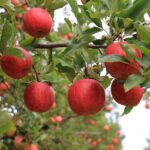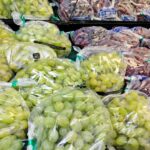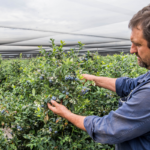Australia: TR4 spreads across infested banana farms

The banana disease Fusarium wilt Tropical Race IV (TR4) has spread on the three farms in Queensland, Australia, since the initial 2015 detection.
But Australia's Department of Agriculture said the disease (a.k.a. Panama disease) has not spread to other Tulley Valley farms.
"The disease has spread uphill and up-river within the infested farms, with nearly 60 plants confirmed positive since March 2015," it said. Nearly 60% of these plants were on the first infested farm.
As the Australian Banana Growers’ Council reports in its August edition of Australian Bananas Magazine, it expects further detections of infected plants.
As they do not change the biosecurity situation on the property and to respect the privacy of growers, authorities do not announce these detections individually.
"Detection of these infected plants took place through routine Biosecurity Queensland surveillance and growers self-reporting. Early detection and rapid plant destruction is key to reducing inoculum build-up and limiting disease spread," the Department of Agriculture said.
"For now, biosecurity measures implemented at the infested farms are protecting the industry while it adjusts to farming with Panama TR4. Growers must remain vigilant and adhere to biosecurity measures. There is no room for complacency."
Finding waste solutions on TR4 infested farm
In related news, the Department of Agriculture said an infected farm had found a smart solution for waste removal.
Compliance officer Jessica Portch worked with the grower on an infested farm to come up with a workable solution that ticked all the boxes.
“The grower was concerned about removing sewerage waste from a septic tank on his farm,” Jessica explained. “We brainstormed ideas and came up with a biosecurity solution together that didn’t disrupt operations and was cost-effective.
“The waste-truck driver was completely onboard with biosecurity procedures, was proactive and ensured he arrived clean and departed clean.”
Creating a temporary clean zone, following procedures and keeping everyone in the loop meant the grower’s problem was solved with minimal disruption, she said.
“It was essentially ‘business as usual’ and the grower said the whole process wasn’t as difficult as he imagined,” said Portch.












































